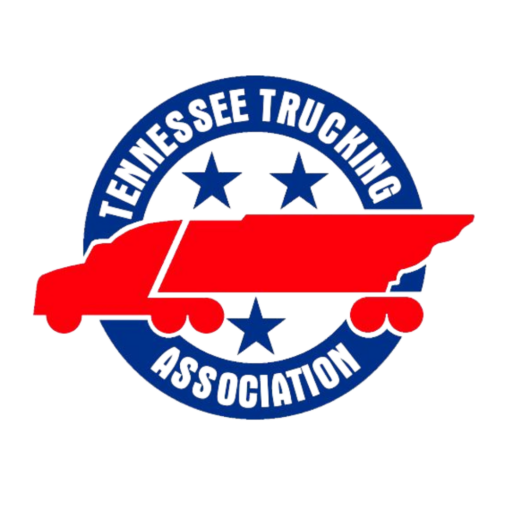Adams and Resse Legislative Update – 11-1-2021
The Tennessee General Assembly just recently concluded a Special Session limited to the legislature approving financial incentives for the major Ford Motor Company project in West Tennessee. That Special Session wrapped up business in 3 days approving nearly $900,000,000 in incentives that will assist with bringing the largest single manufacturing investment ever to Tennessee. This will create thousands of new jobs in West Tennessee, fulfilling a long-term commitment to the Memphis Regional Mega Site.
As announced on October 20, 2021, enough signatures have been obtained in the Senate and the House of the legislature (two-thirds of each body) to go into a COVID-19 Special Session on October 27, 2021, to address COVID-19 mandate issues. This Special Session appears to be very broad and could result in several issues being addressed by the legislature. The Tennessee Business Roundtable has already issued a policy position letter opposing legislative interference and instead has asked that the legislature not impose mandates or prevent businesses from adopting their own workplace health guidelines. The Tennessee Chamber of Commerce also followed up on October 22, 2021 pleading with the Legislature to not adopt legislation interfering with the ability of Tennessee companies to manage their own operations. TTA is considering issuing its own position statement, as well, which will closely follow the lead of the Tennessee Business Roundtable and the Tennessee Chamber of Commerce. I expect more trade associations and major companies to do the same.
The business community as a whole is opposed to the Special Session for COVID-19. There appear to be several members that are pushing to pass legislation that will attempt to interfere with the decisions of private businesses to address COVID-19 issues. This legislation includes penalizing companies for mandating vaccines and requiring testing, penalizing schools for mandating the wearing of masks, and other COVID-19 protection policies. You will find that some members will be introducing legislation that will remove the immunity from liability that has protected businesses and been in place since 2020 in regard to potential COVID-19 litigation. At this time it is difficult to predict the number of bills that will be filed and the COVID‑19 issues the legislature will cover; however, it is expected that any legislation will be very far-reaching in regard to what is required of employers. Companies have adopted different policies across the board to address the challenge of COVID-19 for the past 18 months. Not all policies are the same and some are stricter than others.
Even during the recent Special Session to approve financial incentives for Ford, members filed anti-business legislation. House Bill 1643, sponsored by Representative Susan Lynn, provides that employers would be liable for COVID‑19 vaccine-related complications should employers require vaccines. House Bill 8003, sponsored by Representative Rusty Grills, would allow individuals who choose to leave their employment because an employer requires a COVID-19 vaccine to continue to receive unemployment benefits based on that choice. These two bills are just examples of what will be filed within the next few days. Please note that these two bills were not heard during the Special Session on the Ford expansion but I expect them to be refiled for the COVID-19 Special Session.
Remember that just because legislation passes, that does not mean it will be upheld in a court of law should the legislation be challenged. As we all know, at this time the federal mandate on employers requiring vaccinations or weekly testing for companies with 100 or more employees is still being developed as an OSHA regulation. No one knows for certain the final rules and regulations issued by OSHA will encompass that will be enforced through TOSHA in Tennessee. Hopefully, as ATA has pointed out, the federal policy will take into consideration that trucking companies operate differently than many other companies in that thousands of truck drivers are on the road delivering goods all across the country, and mandating weekly testing will be a huge challenge for those who don’t want to get vaccinated. In addition, unlike what the Legislative Committee proposed recently, Tennessee just cannot ignore federal OSHA rules and regulations. Trucking is an interstate commerce business and having different policies adopted by several states could be very challenging.
I am confident that there may be little that the legislature can do that would interfere with federal regulations or change the rules on how unemployment benefits are paid. However, I am very concerned about the employers’ exemption from immunity that is now in place in Tennessee in regard to COVID-19 issues. I will continue to keep you updated as we work through this next Special Session which could last for weeks. If you have any questions, please contact me.
